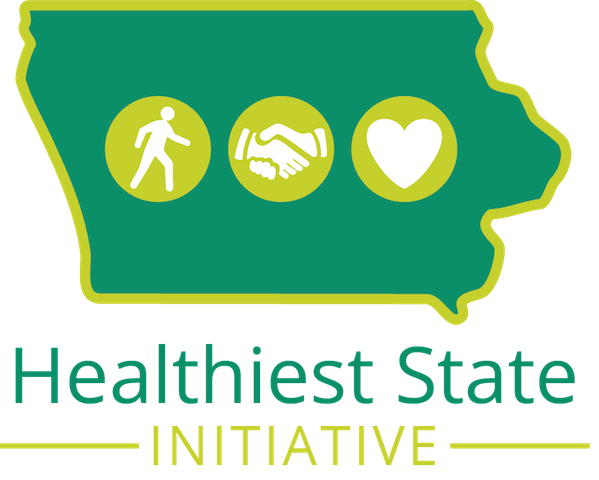UNDER PRESSURE? YOUR HY-VEE DIETICIANS CAN HELP
By Paige Green, Hy-Vee Dietitian on Friday, January 27, 2023
One of the key components of heart health is blood pressure. If you have high blood pressure, or hypertension, you are at higher risk of developing other health problems, such as heart disease, heart attack and stroke. The good news is that there are some diet and lifestyle modifications you can make to help reduce your risk.
What is high blood pressure? As blood circulates, it presses against artery walls, creating pressure. Too much pressure forces the heart to work harder, potentially straining it. A blood pressure reading consists of two numbers: systolic pressure, measured as the heart pumps, and diastolic pressure, recorded between heartbeats. A resting blood pressure below 120/80 mmHg is considered normal. Prehypertension is 120-139/80-89 mmHg and 140/90 mmHg or higher is hypertension.
Blood pressure fluctuates throughout the day; it tends to increase with exercise and strong emotions. But consistently high blood pressure is affected by many factors, including genetics, some medical conditions, diet, heavy alcohol use, tobacco use, stress and limited exercise.
When it comes to diet, high intake of sodium and low intake of fruits and vegetables may increase your risk for high blood pressure. The U.S. Department of Health and Human Services’ Dietary Guidelines recommend limiting sodium to no more than 2,300 mg per day and eating at least 1½ cups of fruit and 2 to 3 cups of vegetables every day. Fruits and vegetables are naturally low in sodium and contain potassium, which helps control blood pressure. Also try to eat lean sources of protein, such as chicken, turkey, fish and beans. Consider whole-grain breads and pastas and look for lower-sodium versions of packaged foods.
Diet alone can’t completely cure or prevent high blood pressure, but it can help. Some factors are out of your control, such as a family history of high blood pressure or pre-existing medical conditions, including diabetes and some autoimmune diseases. People over 40 should be tested annually – while those under 40 should get tested every 2 to 5 years. If you’re diagnosed with hypertension, work with a doctor to help manage it.
This information is not intended as medical advice. Please consult a medical professional for individual advice.

